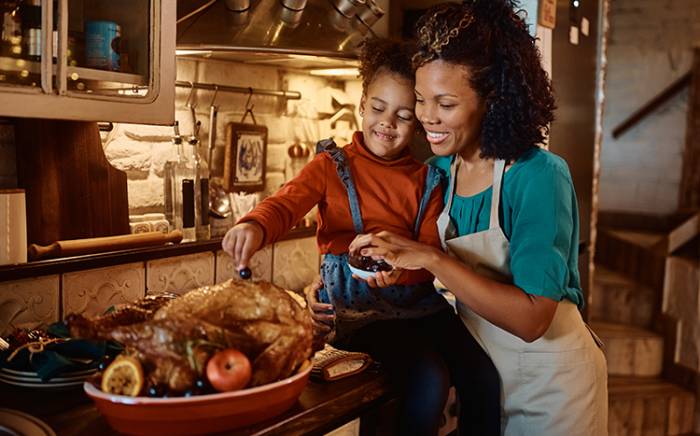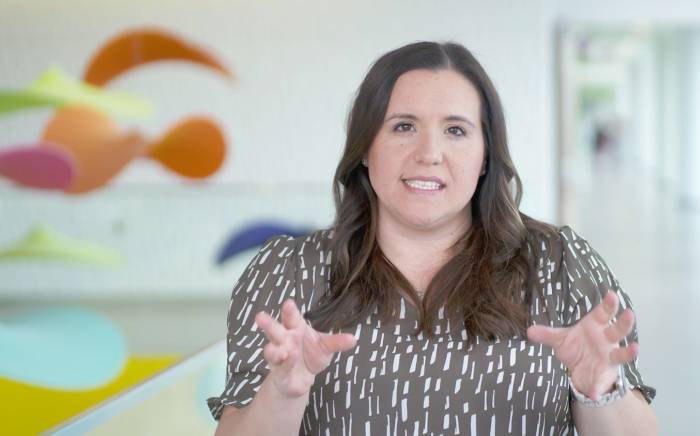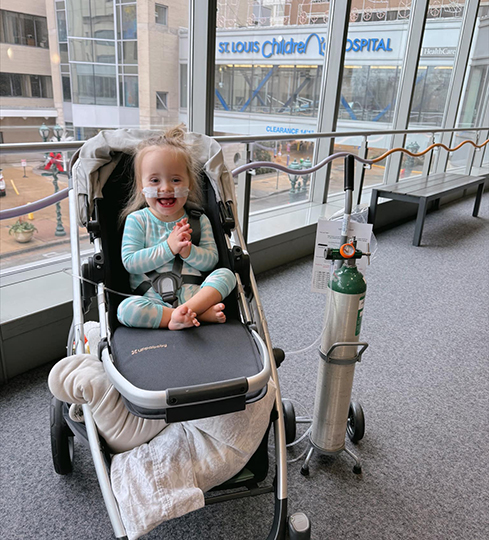You’re getting ready to head to the grocery store when your 11-year-old son asks if he can stay home. He seems old enough, but does that mean he’s ready for such a big step?
Staying home alone is often the first way older children are able to show their independence. But it can be hard for parents to know when their children no longer need constant supervision.
An Age of Reason
Age can help you know whether your child is ready to stay home alone, but it shouldn’t be the only factor in your decision, says Susan Bowles, RN, a community education instructor at St. Louis Children’s Hospital who teaches Staying Home Alone, a class for parents and children.
“Some 10-year-olds are mature enough to stay home by themselves, while others aren’t,” Bowles says. “It’s better to look at your child’s ability to follow rules and take care of herself. Another important sign is whether your child uses good judgment in everyday situations.”
Setting Some Ground Rules
Once you feel your child is mature enough, establish basic guidelines.
“There should be good communication between kids and parents,” Bowles says. “Set very clear rules and make sure your children understand them.”
When you’re setting those rules, ask yourself the following questions:
- Does your child know what to do if a stranger knocks on the door?
- Should he answer the telephone? If so, what should he say?
- Whom should she call in case of an emergency? Does she have a list of important phone numbers?
Also, teach your child basic safety practices, such as not using the oven or sharp knives. Take advantage of controls on your computer and television that limit the websites he can visit and the programs he can watch.
“Make sure your expectations are very clear,” Bowles advises. “When kids are in school, they are in a very structured environment. If they go home and are by themselves, the structure isn’t there. That can cause issues.”
The Test Run
To help both you and your child get used to the idea, start with leaving her home for a few minutes at a time. For example, take a 10-minute walk around your neighborhood while she stays home, or run a short errand that you know will take no more than 20 minutes.
Have these trial periods during the day at a time when your child isn’t coming home to an empty house. Also, don’t allow her to watch other siblings during your first few test runs—that step can come later.
When you get home, talk to her about how she felt the test run went, and get a sense of how well she followed the rules you set. As you both get more comfortable, you can start to leave a child alone for longer periods.
The Staying Home Alone class at St. Louis Children’s Hospital can help prepare both children and parents for this big step in life. To register, call St. Louis Children’s Hospital at 314.454.KIDS (5437) or toll-free at 800.678.KIDS.










